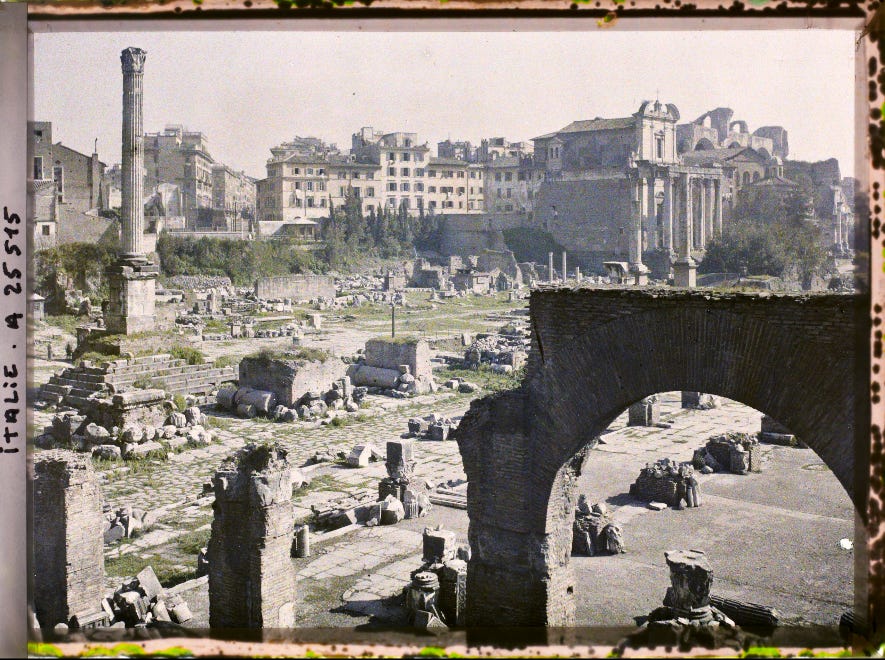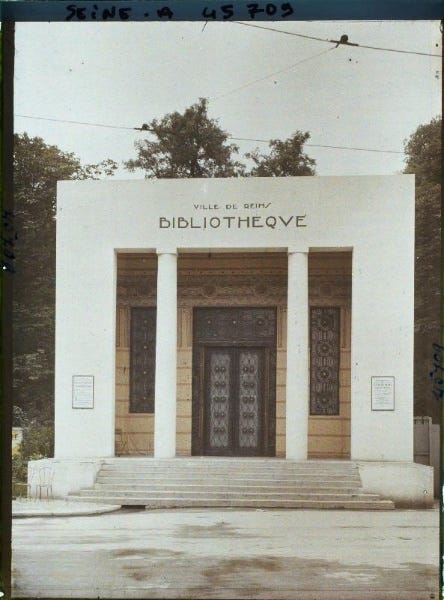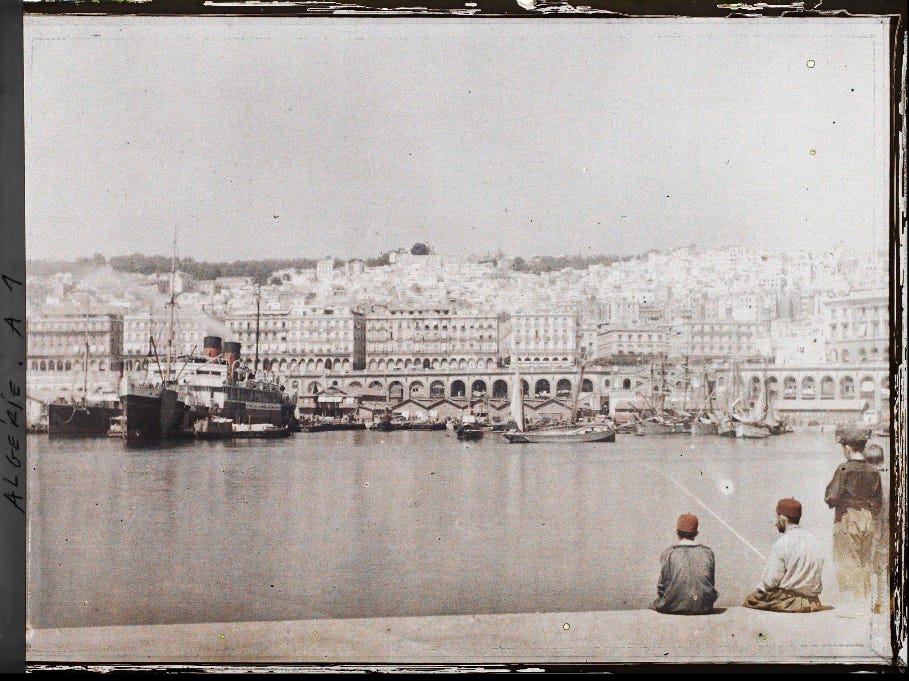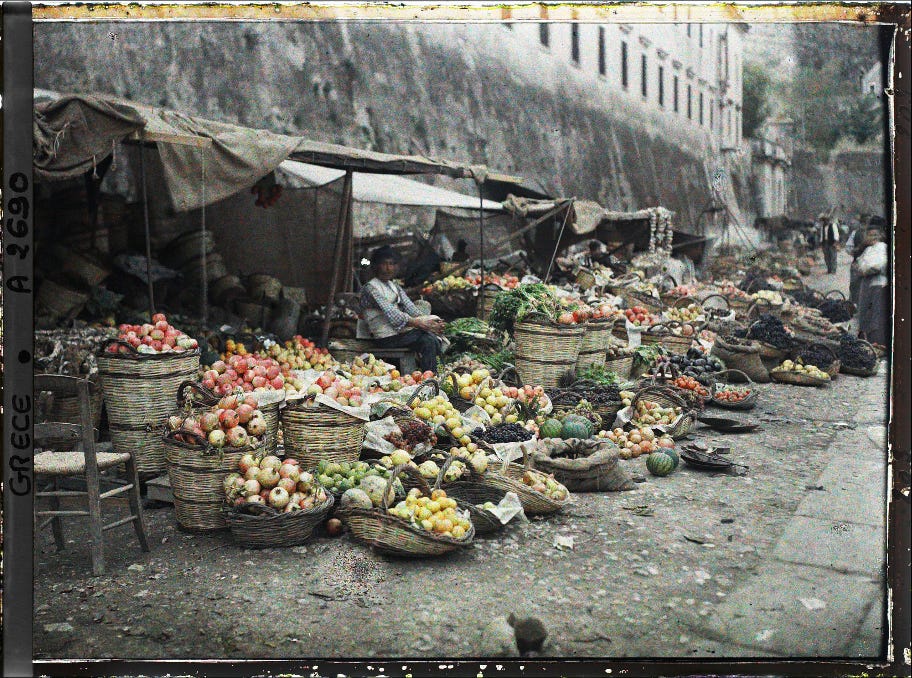
This post is part of a living literature review on societal collapse. You can find an indexed archive here. When we talk about societal collapse, we usually talk about the factors that led to the collapse of a given civilization. However, you could also turn this around and ask what factors allow civilizations to avoid societal collapse and major crises.









